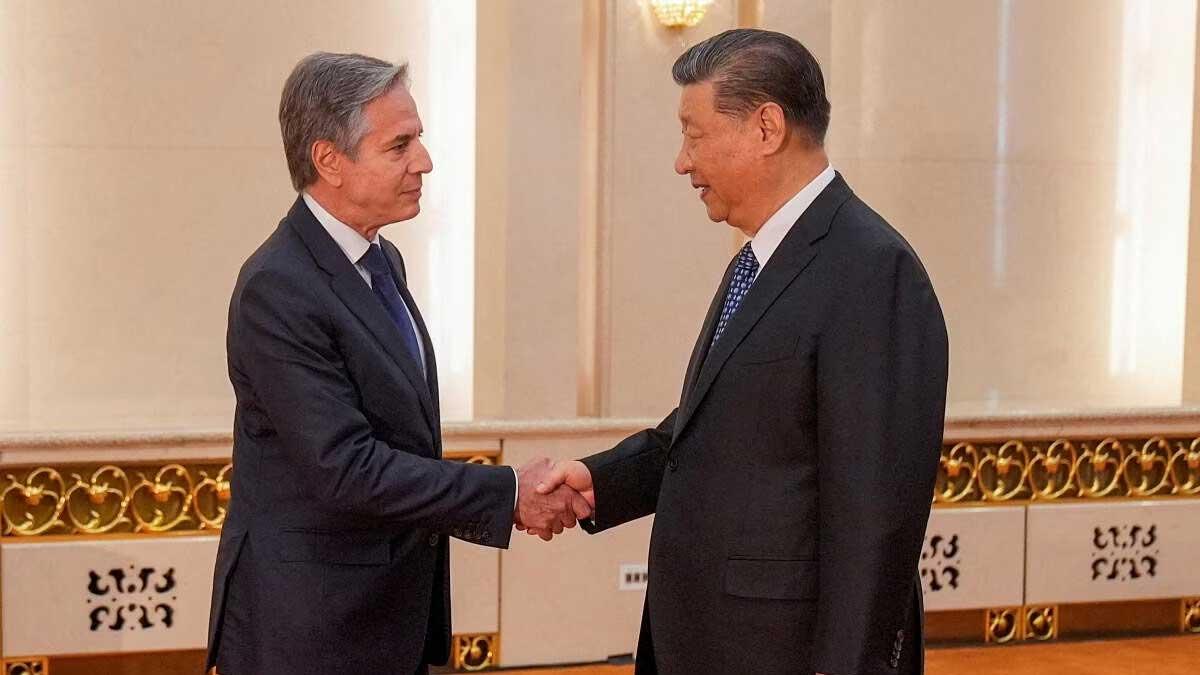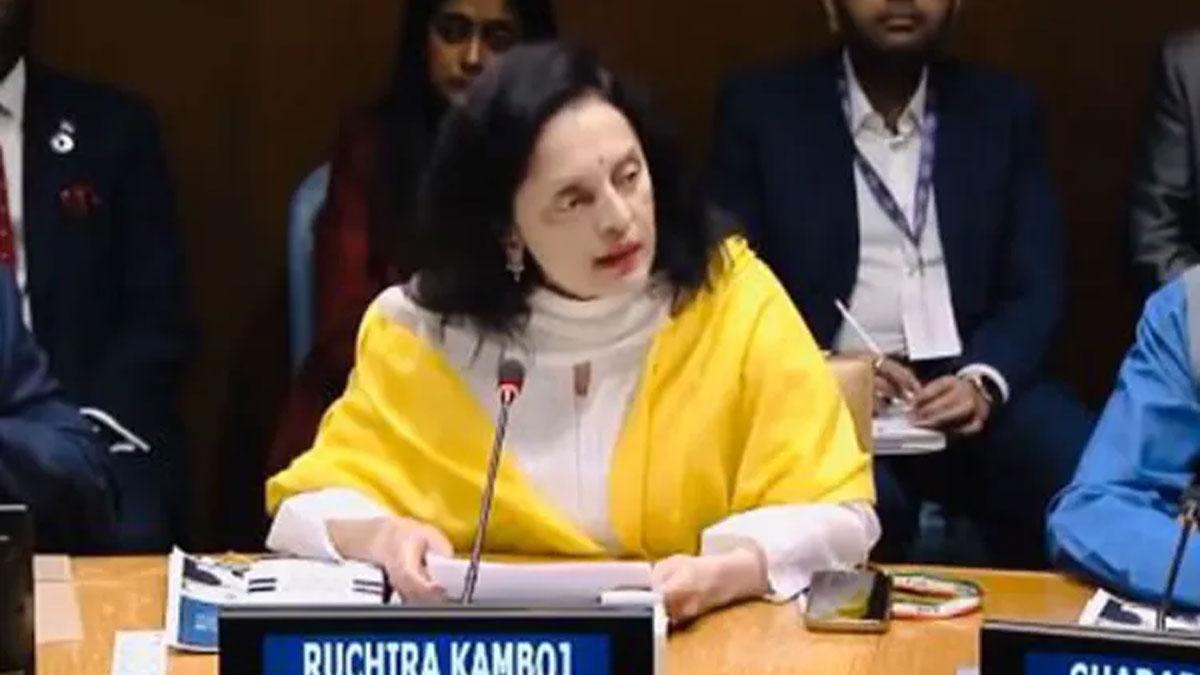At the recent climate summit, participating countries made a commitment to eventually transition away from fossil fuels, marking a significant step in the global effort to prevent the Earth from warming beyond the critical 1.5 degrees Celsius threshold. Considered a tipping point leading to catastrophic consequences, this commitment is hailed as a historic outcome by Ani Dasgupta, President of the World Resources Institute.
However, the commitment comes with a crucial nuance—it emphasizes "transitioning away" from fossil fuels rather than an outright "phasing out," as advocated by UN Secretary-General Antonio Guterres. The pledge lacks a specific timeline but calls for a just, orderly, and equitable transition, aiming to achieve net-zero emissions by 2050 through the use of technologies like carbon capture.
While some view this commitment as a monumental shift, critics argue that the term "transition" allows for loopholes and may rely on unproven technologies. Developing countries, concerned about compromising power availability for growth, find solace in the call for an "equitable" transition. Despite reservations, the consensus acknowledges that every nation must participate in a fair and swift energy transition.
The industrialized countries, historically major contributors to global warming, are expected to reduce fossil fuel consumption, while developing nations may see an increase. The International Energy Agency (IEA) forecasts a decline in the rate of increase in oil demand, citing factors like lower economic growth and the rising adoption of electric vehicles.
Transitioning out of fossil fuels poses a monumental challenge given the current consumption levels and the energy needs of developing nations. The IEA suggests a narrow pathway to achieve net-zero emissions by 2050, emphasizing the need for a transformative overhaul of global energy production, transportation, and usage.
The UAE consensus emphasizes tripling global renewable energy capacity and doubling the annual rate of energy efficiency improvements by 2030. Accelerating the adoption of zero- and low-emission technologies, including electric vehicles and carbon capture, is highlighted. For instance, the switch to electric vehicles is gaining momentum globally, with forecasts indicating a substantial increase in sales by 2030.
While the commitment represents progress, the success of the global energy transition hinges on collaborative efforts, technological advancements, and the ability to address challenges associated with the current scale of fossil fuel consumption.
(With Agency Inputs)
Read also| US and China To Skip COP28 Summit in Dubai


















